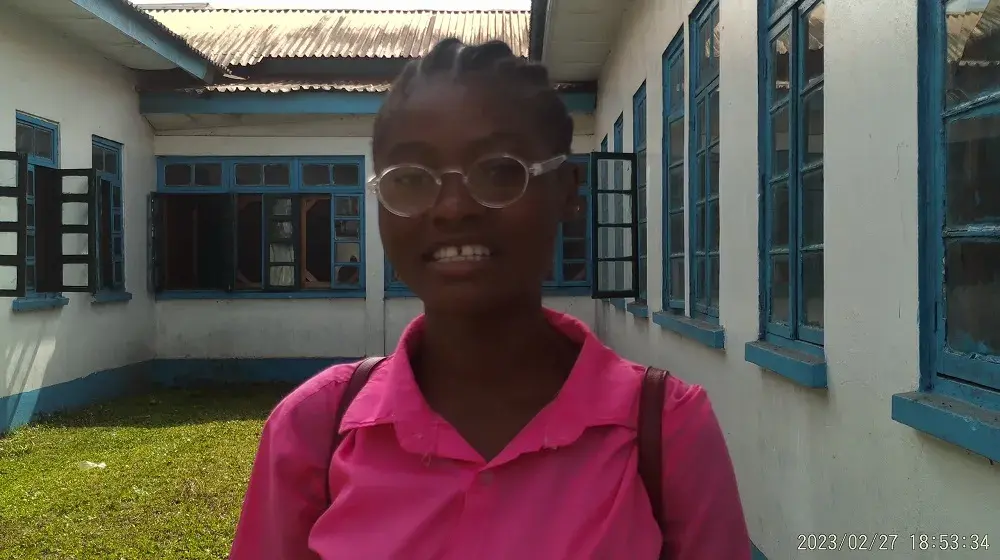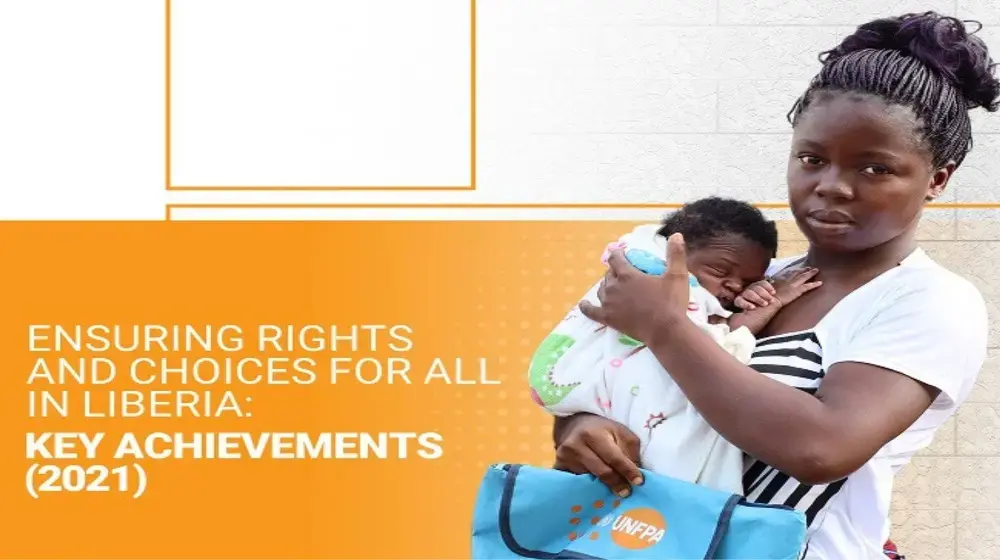In Liberia, the median age at first sexual debut is 16 for females and 18 for males; while 59 percent of adolescent girls are mothers by age 19, something that is raising serious concerns. Many of these girls end up dropping out school and never to return. The Government of Liberia in collaboration with UNFPA in February launched a 4-year programme aimed at reducing teenage pregnancies in the South East counties.
The “Empowered and Fulfilled Programme” funded by the Swedish Government will complement other on-going Reproductive Health, Gender and livelihood related projects supported by UN agencies in Grand Gedeh, Grand Kru, Maryland and River Gee counties. It will also build on achievements made at both national and targeted county levels on young people’s sexual reproductive health and rights.The programme seeks to contribute to a reduction in teenage pregnancies through supporting increased access and utilization of Sexual reproductive health and family planning information and services by adolescents.
The implementation of the programme will be led by line government ministries including Health, Gender Children and Social Protection, Education, Youth and Sports and Internal Affairs in collaboration with the Planned Speaking on February 24th in Zwedru, Grand Gedeh County at the official launch of the programme, the Head of Development Cooperation and Chargé d’Affaires at the Swedish Embassy in Liberia, Ms. Elisabeth Harleman said adolescent girls and boys need access to youth friendly sexual and reproductive health information and services especially outside the urban areas, if there must be a reduction in the rate of teenage pregnancies in Liberia.
According to Ms. Harleman, discussing sexuality for and with young girls and boys is still considered difficult with few information, education and communication outlets involving young people themselves. “Sweden’s global experience from supporting sexual and reproductive health and rights shows that in order to for young people to be able to take advantage of society’s opportunities, such as education and work, and to contribute to economic growth, young people must be given the opportunity to have a responsible, satisfying and safe sexual life, without coercion, violence, discrimination or the risk of becoming involuntarily pregnant or being infected with HIV or other sexually transmitted infections;” she said.
She lauded local authorities, traditional leaders as well as key stakeholders from the four Southeastern counties for their declared support for the programme. Speaking on behalf of his colleagues, Grand Gedeh County Superintendent, Mr. Peter L. Solo declared that local authorities would work collaboratively to ensure the reduction in teenage pregnancies in the southeastern region.
“Our traditional and religious leaders will be the principal mechanism that we will use to go into our communities to establish, reinforce the need for collaborative efforts in reducing teenage pregnancy in the region,” Superintendent Solo declared. Mr. Solo urged the youth people to join the process of educating their peers; discouraging them against early pregnancy. “We must all sensitize the people and discourage teen pregnancies by our girls so that they have a better education and fulfilled lives,” the Grand Gedeh County official declared. The launch of the programme followed a tour and the holding of inception meetings with a crosssection of traditional and local leaders and community members in the four counties.
The meetings which were led by the various line ministries including the ministries of Internal Affairs, Health, Gender Children and Social Protection, Education, and Youth and Sports, were aimed at understanding factors responsible for early pregnancies, It was also aimed at understanding barrier to SRH by adolescents in the region as well as deriving local solutions to the issue. Among key issues identified by the people were poor parental guidance and care, sex abuse of adolescent girls by their teachers and influential community members, lack of sexuality education in schools as well as at home between parents and their children. They stressed the need for sexuality education in schools and the provision of family planning services with ease of access and the reinforcement of the justice system to punish perpetrators of violence against teenage girls and sexual offenders; especially adults who impregnate underage girls.




